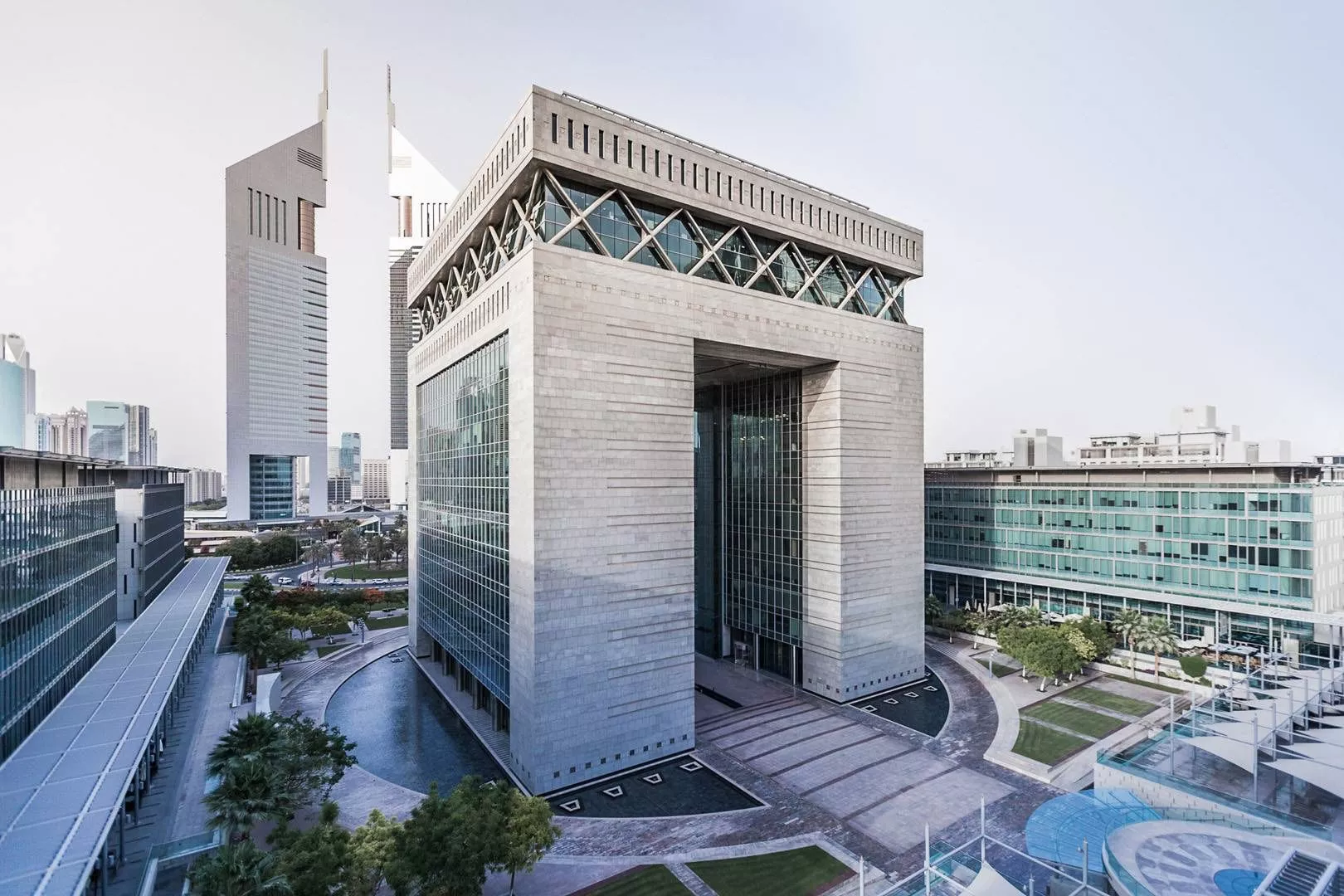Earlier this month, the Dubai International Financial Centre (DIFC), a tax-exempt special economic zone located in the city of the United Arab Emirates, declared the implementation of its recently established Digital Assets Law. The enactments, which include a new Law of Security and amendments to existing legislation, are intended to provide legal clarity for investors and consumers of digital assets and assist the DIFC in keeping pace with technological advancements in international trade and financial markets.
The Chief Legal Officer of DIFC Authority, Jacques Visser, described the revolutionary nature and potential of this law on a global scale. According to Visser, the DIFC regards this document as “groundbreaking” because it is “the first legislative enactment to comprehensively define the property law characteristics of digital assets.” In addition, the document specifies “the manner in which interested parties may control, transfer, and transact with digital assets.”
A public consultation period in 2023 and a comprehensive evaluation of legal approaches to digital assets in multiple jurisdictions led to the enactment of the new Digital Assets Law. Pre-existing DIFC legislation, including the Trust Law, Foundations Law, Contracts Law, Law of Obligations, and Law of Damages and Remedies, has been amended to address particular concerns that have emerged in connection with this asset class.
Furthermore, amendments to the Law of Obligations permit the utilization of electronic transferable records, which serve as functional equivalents to paper trade instruments or documents such as warehouse receipts, bills of lading, bills of exchange, and promissory notes. This electronic document recognition enables the automation of specific transactions via smart contracts and improves the speed and security of transmission, thereby facilitating greater efficiencies in digital cross-border commerce.
Substituting the 2005 legislation, the recently enacted Law of Security substantially fortifies DIFC’s securities framework in order to conform to global advancements and guarantee adherence to exemplary standards. It provides clarity regarding the consolidation of financial collateral provisions into a new chapter and addresses the security of digital assets.
We consider the Digital Assets Law to be groundbreaking as the first legislative enactment to comprehensively set out the legal characteristics of digital assets as a matter of property law, and to provide for how digital assets may be controlled, transferred and dealt with by interested parties.
Jacques Visser, Chief Legal Officer – DIFC Authority
The new legislation reflects the Centre’s commitment to maintaining a transparent and robust legal and regulatory framework aligned with global best practice.
The DIFC Authority said in a statement
The proactive stance taken by the DIFC in establishing a comprehensive legal framework may position the financial center as a focal point for innovation and encourage additional investment in the rapidly growing digital asset sector, as the market continues to evolve.
































